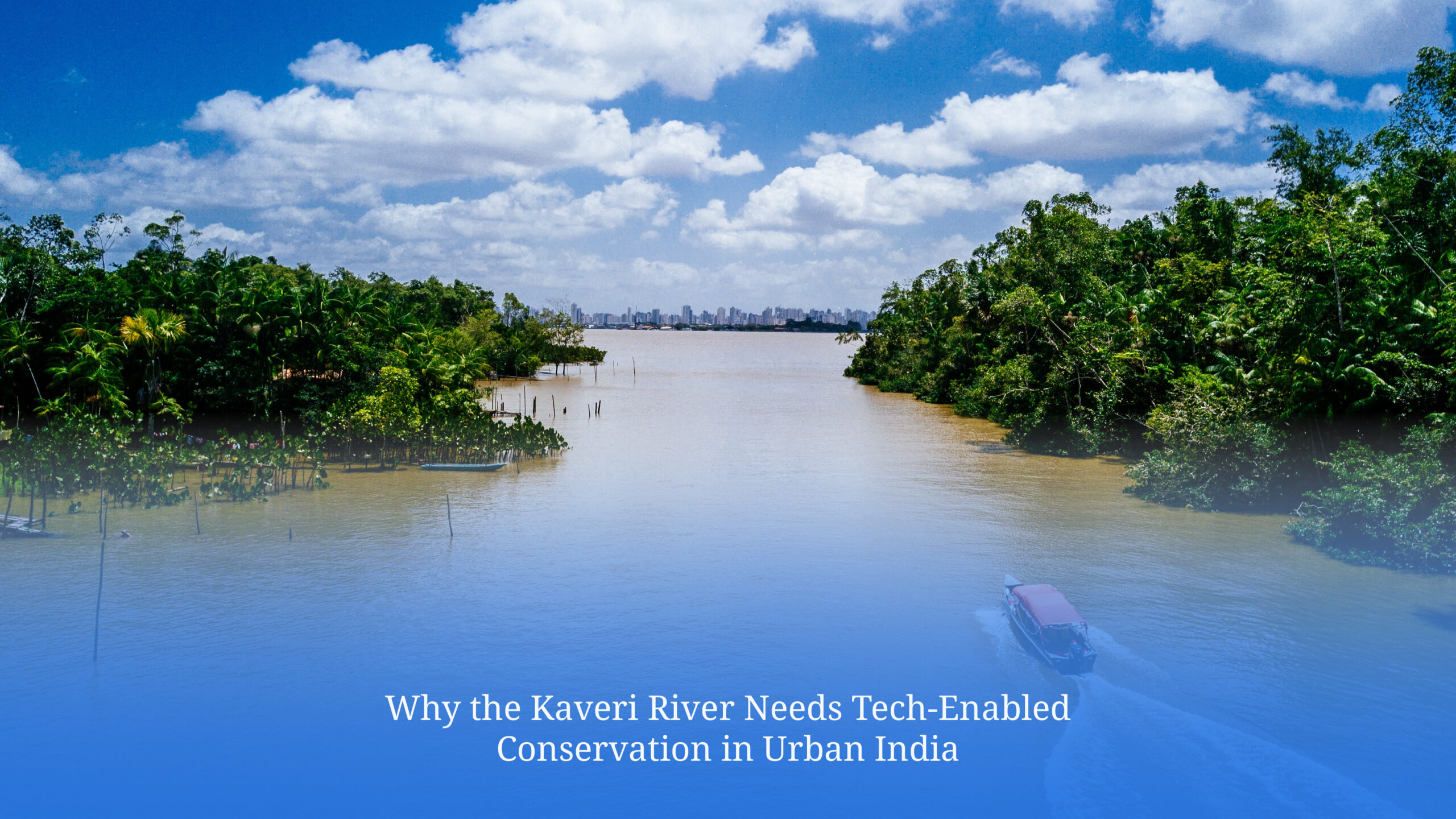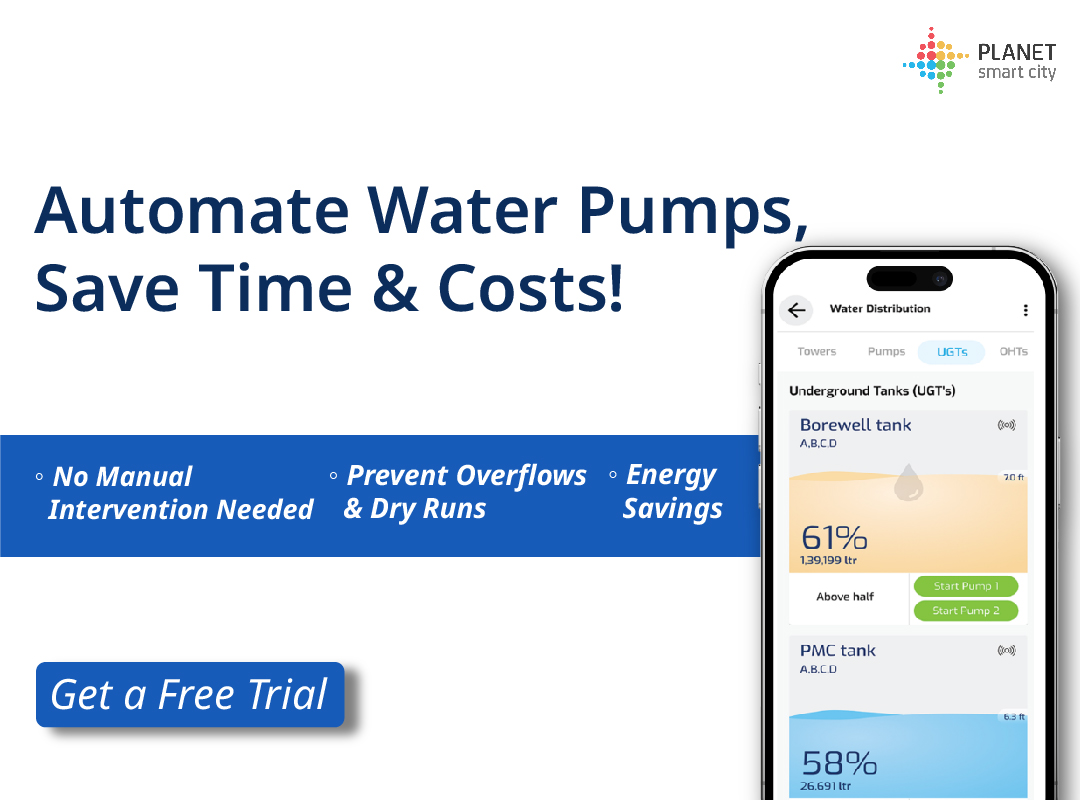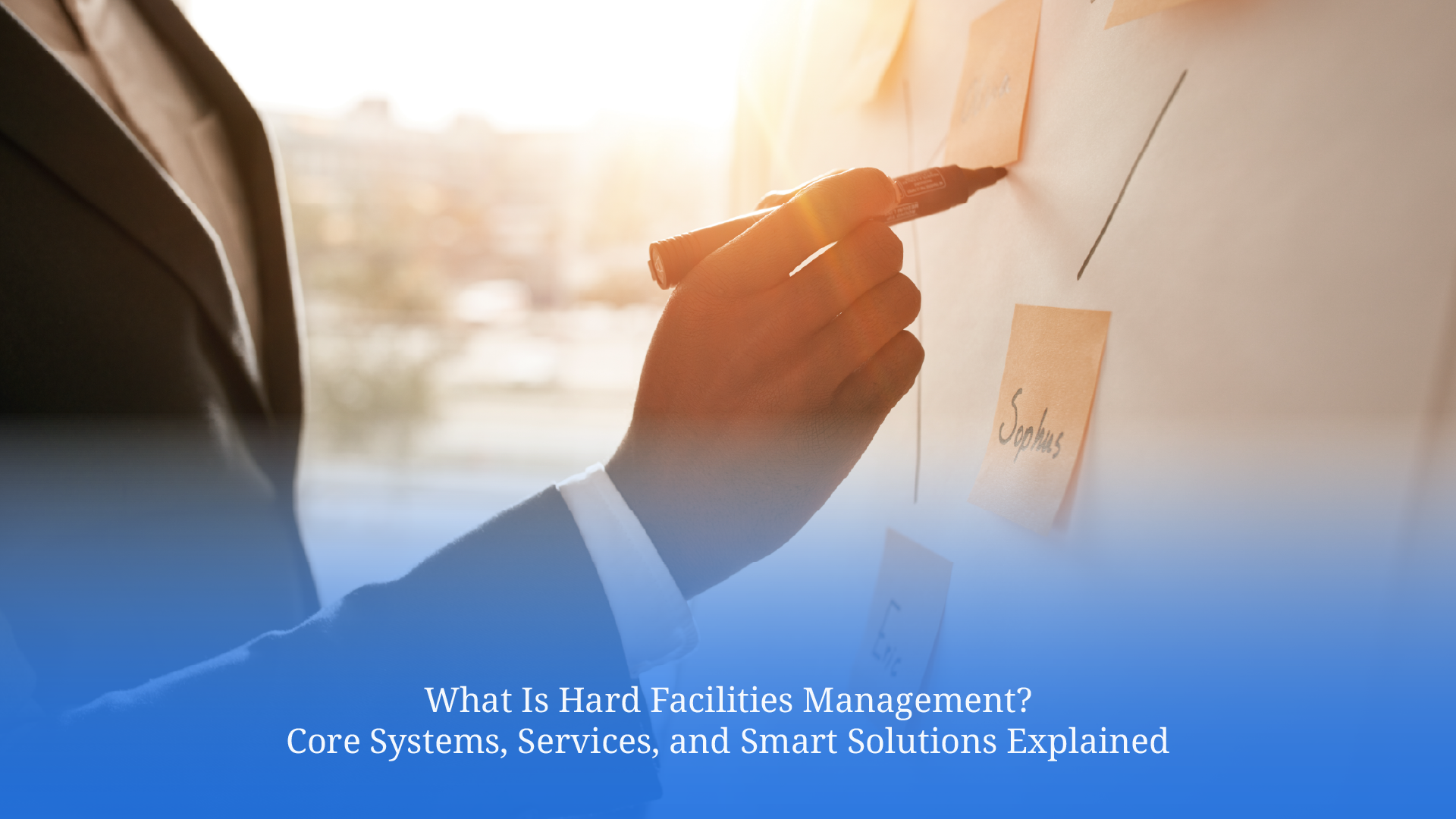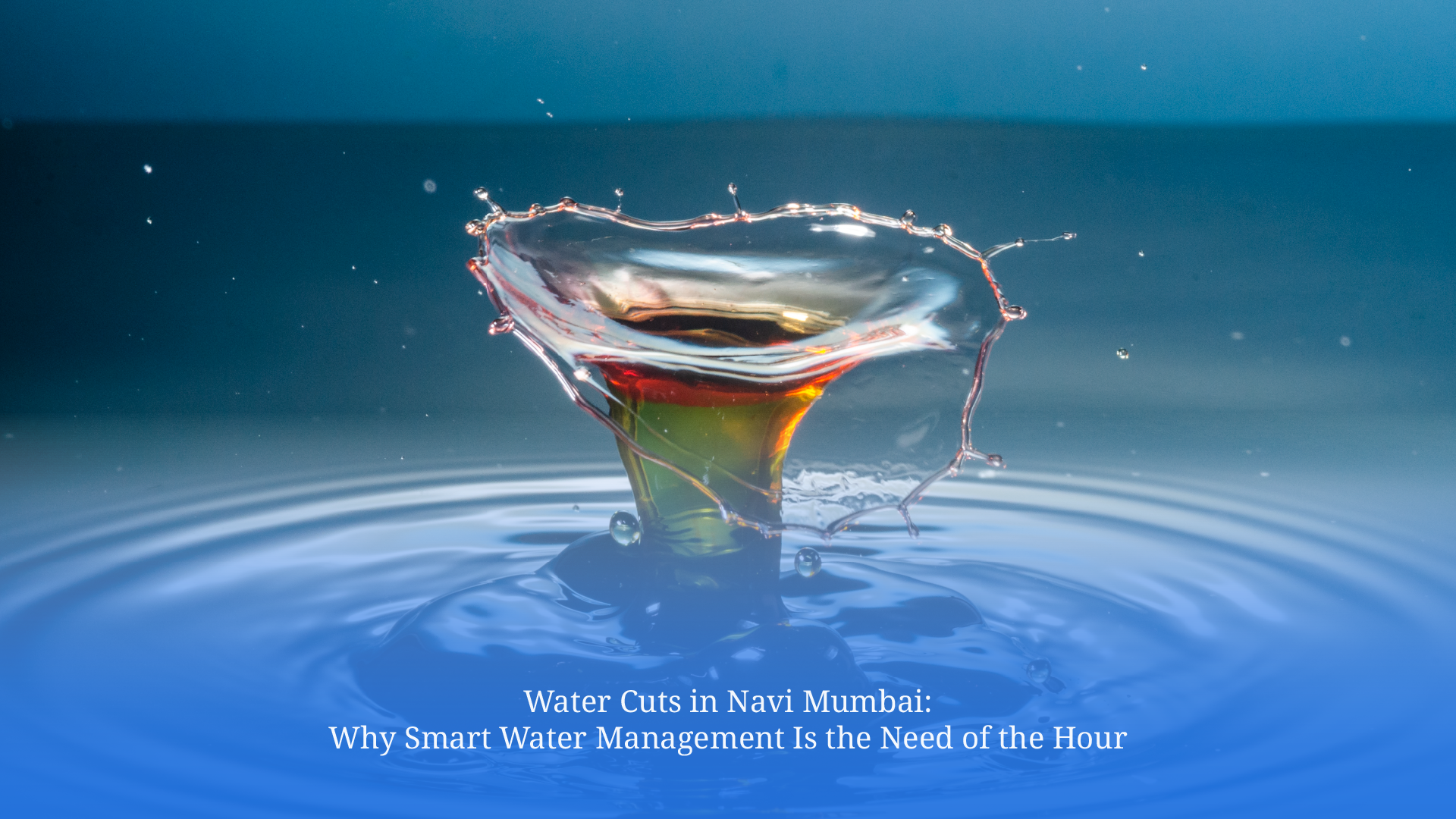Why the Kaveri River Needs Tech-Enabled Conservation in Urban India?

The Kaveri River is a major source of water for South India, particularly in Karnataka, Tamil Nadu, Kerala, and Puducherry. It serves both rural communities and rapidly growing urban areas. It supports irrigation, contributes to hydropower generation, and supplies cities with drinking water. As urban populations expand and infrastructure struggles to keep pace, the pressure on the river has reached critical levels. Conservation efforts must now include modern tools and scalable systems to safeguard Kaveri’s long-term health.
Current State of the Kaveri River
Years of increasing demand and insufficient safeguards have put visible stress on the river’s natural systems.
-
Rising Pollution Levels
Untreated sewage and industrial effluents continue to enter the river, especially in towns and peri-urban areas with inadequate treatment facilities. This has led to chemical and biological contamination in several stretches.
-
Encroachment and Riverbed Disruption
Unregulated construction and encroachments have reduced the river’s natural width and disturbed its flow patterns. Combined with illegal or excessive sand mining, these activities weaken the riverbed, degrade aquatic habitats, and reduce the river’s capacity to manage floods or recharge surrounding groundwater.
- Overuse and Reduced Flow
Excessive water withdrawal for agriculture and municipal use has reduced the river’s flow in many regions. During dry months, reduced inflow affects groundwater recharge and limits the river’s ability to meet even essential needs, such as drinking water supply or seasonal irrigation cycles.
-
Impact on Communities and Livelihoods
The combined effect of pollution, extraction, and mismanagement is seen in both rural and urban communities. Farmers struggle with uncertain irrigation, while city residents often rely on tanker water during summer shortages or drought periods.


Challenges in Urban Water Management Affecting the Kaveri
Urban areas located along the Kaveri basin face specific water management issues that further strain the river.
-
Over-Reliance on Manual Systems
In many housing societies, water pumps and tanker bookings are still handled manually. This can lead to delays, inefficiencies, and inconsistent supply when demand spikes.
-
Inadequate Monitoring Mechanisms
Without real-time visibility into consumption or tank levels, water wastage often goes unnoticed. This also makes it difficult to identify issues such as overflows or unexpected shortfalls until after they occur.
-
High Dependency on Tankers
Urban societies frequently depend on tanker water without a streamlined system for tracking supply or usage. Manual coordination increases the workload on facility teams and reduces transparency in the process.
-
Fragmented Conservation Approaches
Traditional awareness drives or one-time campaigns are not enough in a high-demand urban context. Sustainable water use requires continuous monitoring and actionable data, which many current systems cannot provide.
Role of Smart Infrastructure in River Conservation
Smart water management tools help reduce wastage and increase efficiency within residential communities. These systems make it easier to track, control, and optimise water use at a micro level.
-
Smart Sensors
Installed in overhead tanks, these sensors monitor water levels in real time. This helps automate tank refills and prevent both overflows and shortages.
-
App-Based Tanker Management
Using mobile applications, societies can book tankers, monitor delivery status, and manage records in one place. This simplifies operations and provides clarity on water usage patterns.
-
Data Dashboards and Alerts
Facility managers receive detailed reports on water consumption, helping them identify trends and detect unusual activity early. Real-time alerts also ensure faster response to any irregularities.
-
Motion-Sensing Lights
While not directly related to water conservation, motion-sensing lights in shared areas such as corridors or staircases reduce electricity usage and support broader sustainability goals in residential complexes.
Integrating Smart Solutions with Urban Planning
To reduce pressure on the Kaveri, urban development must include long-term water planning supported by smart systems. This requires coordinated efforts across infrastructure, communities, and governance.
-
Real-Time Consumption Visibility
With digital dashboards, societies can track how much water is used across towers or blocks. This visibility allows for data-informed decisions on how to improve efficiency.
-
Automated Operations
Automating tasks such as water pumping or lighting control reduces dependence on manual processes. It also helps standardize operations, making them more reliable and less prone to error.
-
Resident Engagement
When residents can monitor their own usage through an app, they become more mindful of consumption. This shared responsibility helps build a culture of sustainability within the society.
-
Collaborative Implementation
Technology alone cannot create impact unless paired with active involvement from municipal bodies and housing managers. Collaborative rollouts ensure the system aligns with local needs and is maintained over time.
The Vision of Smart Cities Protecting Vital Water Sources
Some urban communities in India are already adopting smart tools that simplify water management. These include real-time level monitoring, automated pumps and app-based tanker bookings. All of these help reduce wastage and improve transparency.
What Can The Community Do?
When a river’s condition reflects the choices of the cities around it, the opportunity to restore it also begins there. The Kaveri does not need more reactive fixes. It needs consistent, everyday systems that prevent waste before it happens and detect gaps before they grow. Communities that act early can shift from dependence to responsibility by using tools designed for the realities of urban India.
Schedule a free demo to see the solutions by Planet Smart City. We can help your society manage water more efficiently, one system and one step at a time.




